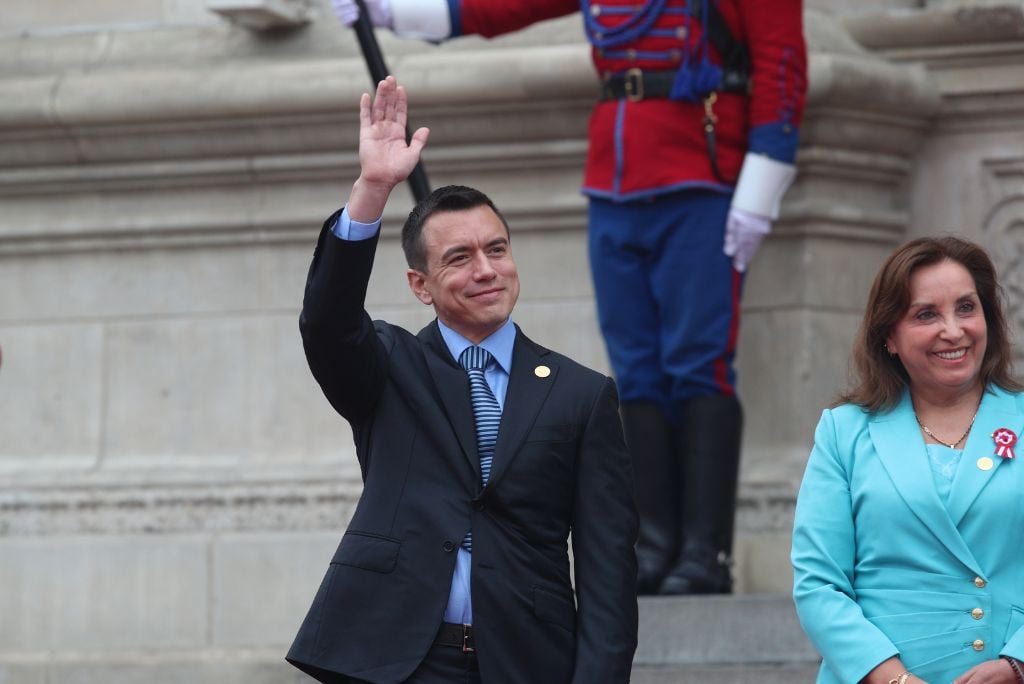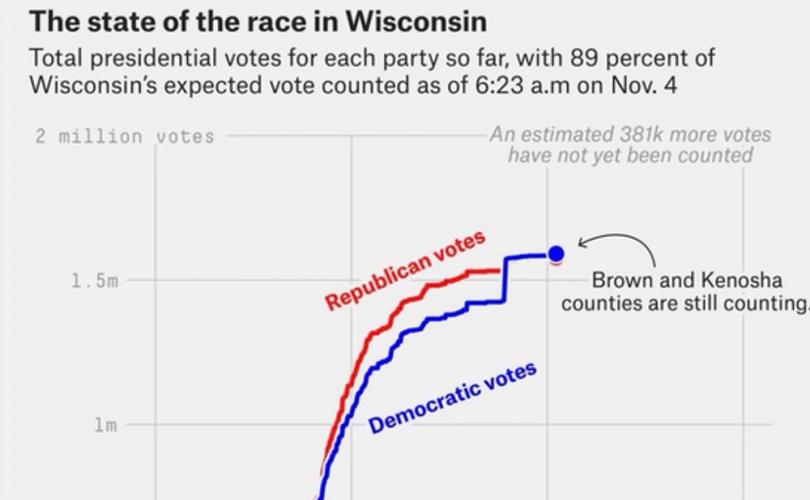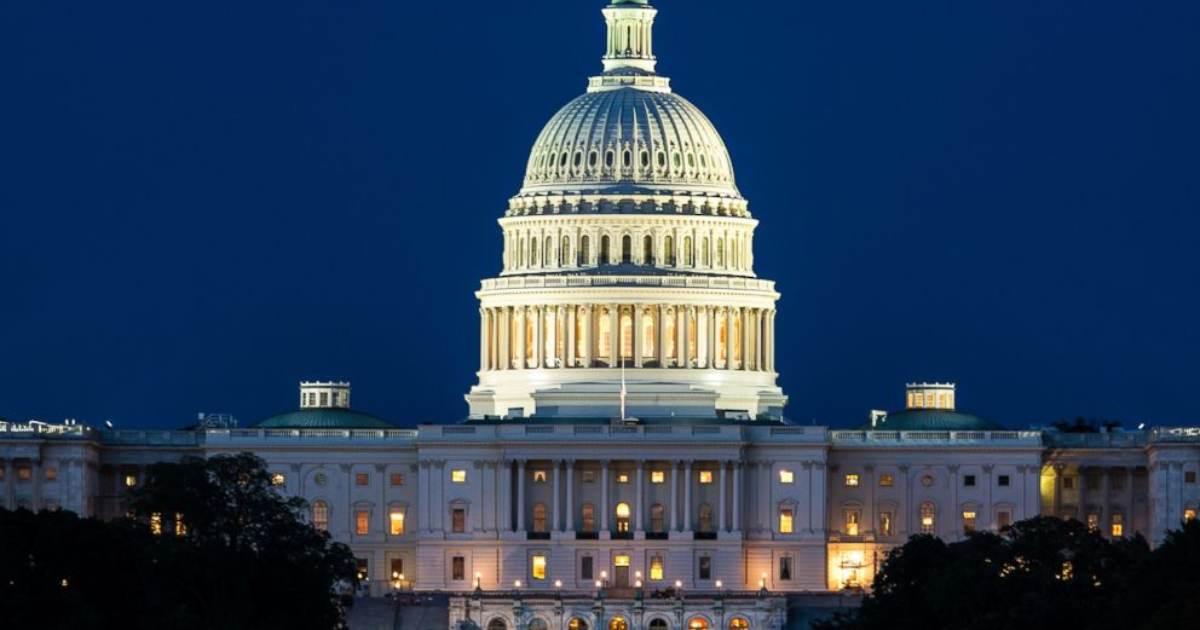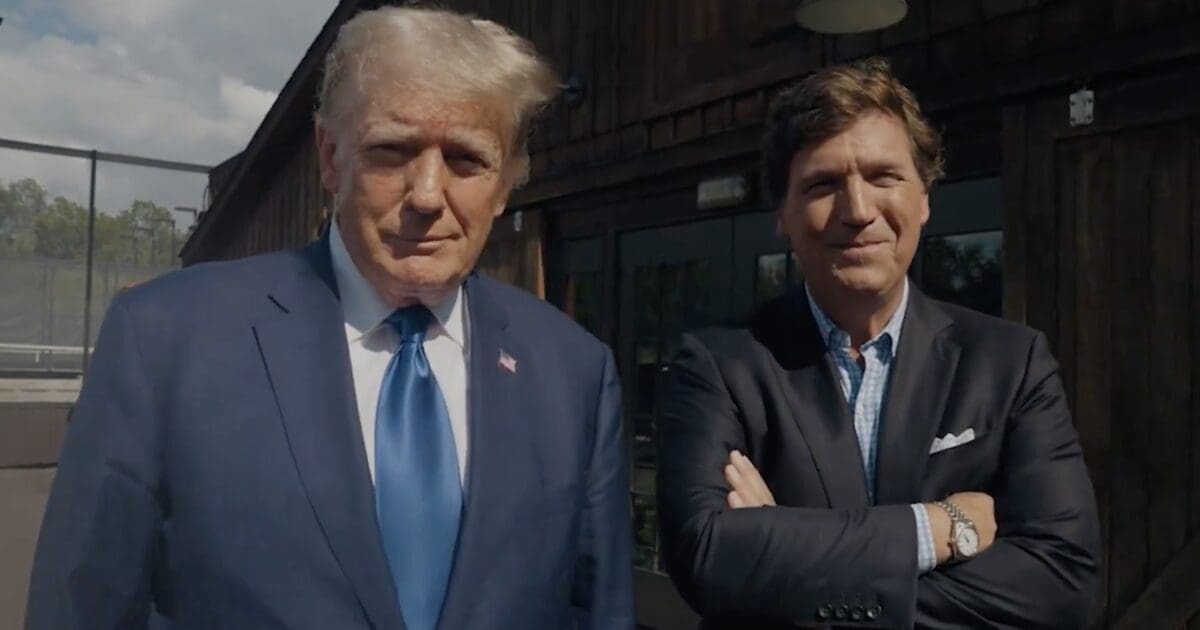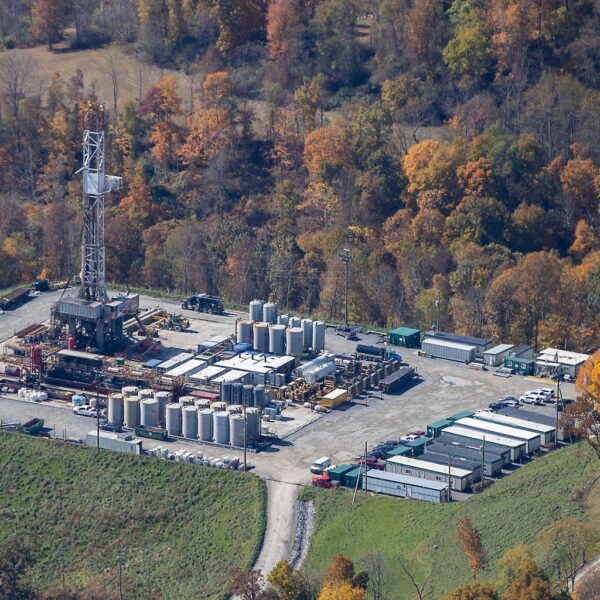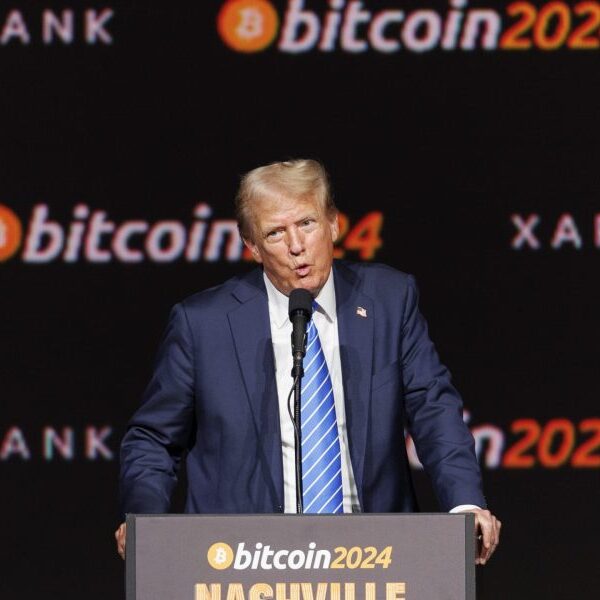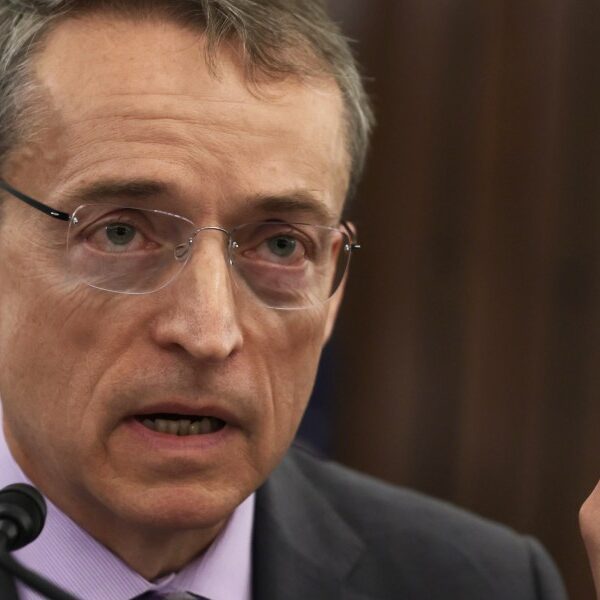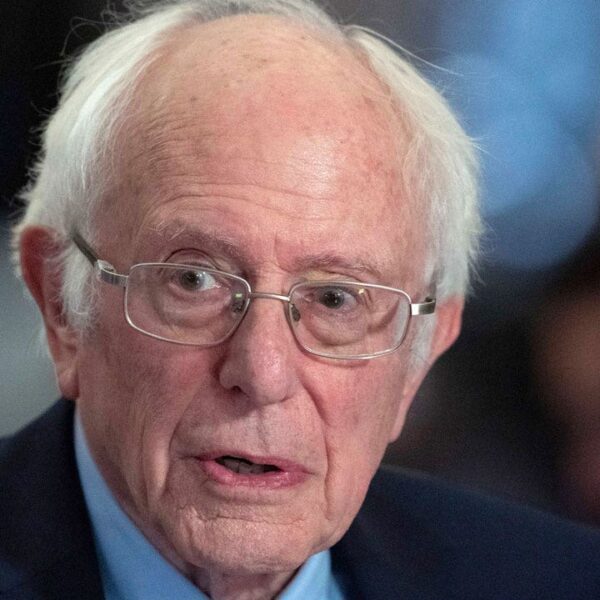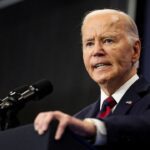The president of Ecuador proposes lifting the ban on foreign bases in the country. To do so, he must first go through the Constitutional Court and then call for a referendum, which in Ecuador is called a Popular Consultation. In other words, he will most likely need citizen support.
To reform or amend the Constitution, Article 100 of the Organic Law of Jurisdictional Guarantees and Constitutional Control requires first going through the Constitutional Court. From there, the next step will be assigned.
The main purpose of foreign military bases in Ecuador was to fight drug trafficking, an international industry that triggers violence both on the streets and in Ecuadorian prisons. Since each penitentiary center is dominated by a gang from Mexico to Brazil.
During more than a decade of socialism, Ecuador closed the Manta base. From there, Plan Colombia was implemented, cooperation with the United States to combat drug trafficking. For socialist rhetoric, it was a sovereignist initiative. However, for the opposition it was the beginning of the end of the oasis of peace that Ecuador had been for decades.
Due to its geographical position, Ecuador is between Peru and Colombia, both nations plagued by Marxist guerrillas that have plunged them into civil war, chaos, violence and above all the submission of the rural population to militias financed by drug trafficking.
For decades, Ecuador was an oasis of peace in the middle of the desert that its neighbors became due to the extreme violence of the Marxists. But that changed and over the years Ecuador surpassed both nations in violence and rose to the top of the most violent nations (and cities) in the world.
Historical context
It should be noted for readers from other countries that Ecuador, especially for readers from the US who have had the same Constitution since its founding, that this South American nation changed its Constitution in 2008 during the socialist period.
Every nation in the region that has been affected by socialism has seen its Congresses dissolved and replaced by a figure very typical of the French Revolution (remember that soviet also means assembly in Russian): the assembly. Legislators stopped being members of Congress and became “assembly members.”
It happened in Cuba, Venezuela, Nicaragua and Ecuador. Now there are attempts in Chile to change the Constitution. However, there is resistance at the same time. Which has so far prevented it, despite the chaos of the riots that broke out in 2019 (the “Bolivarian breezes” as Nicolás Maduro called them).
Although it was less known internationally, these riots had their genesis in Ecuador. The Confederation of Indigenous Nationalities of Ecuador led what it called the “social explosion.” Its leader, Leonidas Iza, wrote a book that he launched in Washington entitled “Outburst” and whose conclusion hails “Indo-American communism or barbarism.”
Even less well known was how peace was achieved. While in Chile churches were burned, both Catholic and Protestant, and in Colombia mobs invaded the Emeritus Cathedral of Bogotá with proclamations of abortion, in Ecuador peace was agreed thanks to the Episcopal Conference (the same thing happened again in 2022). FEINE, the Federation of Evangelical Indigenous People, also participated. The Holy Mother Church called her children. The only woman at the dialogue table was a nun. The indigenous groups did not bring any women and the feminists did not demand a gender quota. Because their fight is not against patriarchal cultures if they are “of color.”
However, the incident was a faithful example of how the church reaches where the State does not and how when the morality of a society is still deep-rooted, violence is stopped, wherever it comes from. The damage exceeded 800 million dollars in Ecuador. However, peace was achieved quickly and without the desecration of other nations.
When do Ecuadorians vote?
Ecuador has persisted in defeating socialism at the polls ever since. And it will soon be able to deepen the process. On February 9, 2025, there will be a vote for the Presidency of the Republic, the National Assembly and the Andean Parliament. If there is no winner in the first round, there will be a second round on April 13.
In that case, the National Electoral Council could include the question regarding the restoration of foreign military bases in the country. And, if the Constitutional Court decides, there would be a deliberation in the National Assembly beforehand.
So it won’t be soon. President Daniel Noboa, who was born in the US, is the proponent and aspires to remain in power, since he has launched himself as a candidate. In the debates, we will see what the position of the other candidates is on the subject.
Mamela Fiallo Flor es profesora de lengua e historia, columnista y conferencista. Plasma su amor por la libertad y pasión por la verdad en cada nota.
Mamela Fiallo Flor is a language and history teacher, columnist, and speaker. She conveys her love for freedom and passion for truth in every piece she writes.

